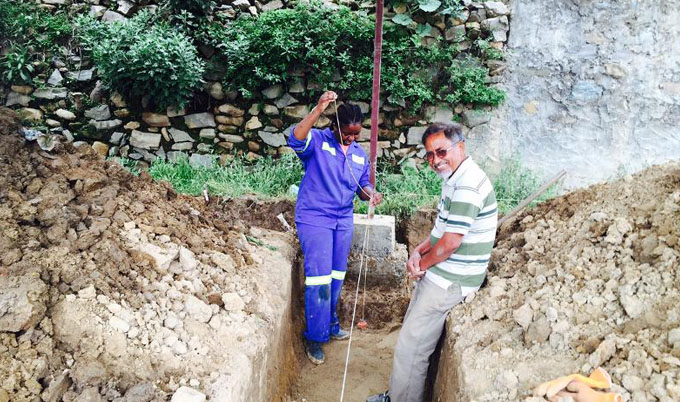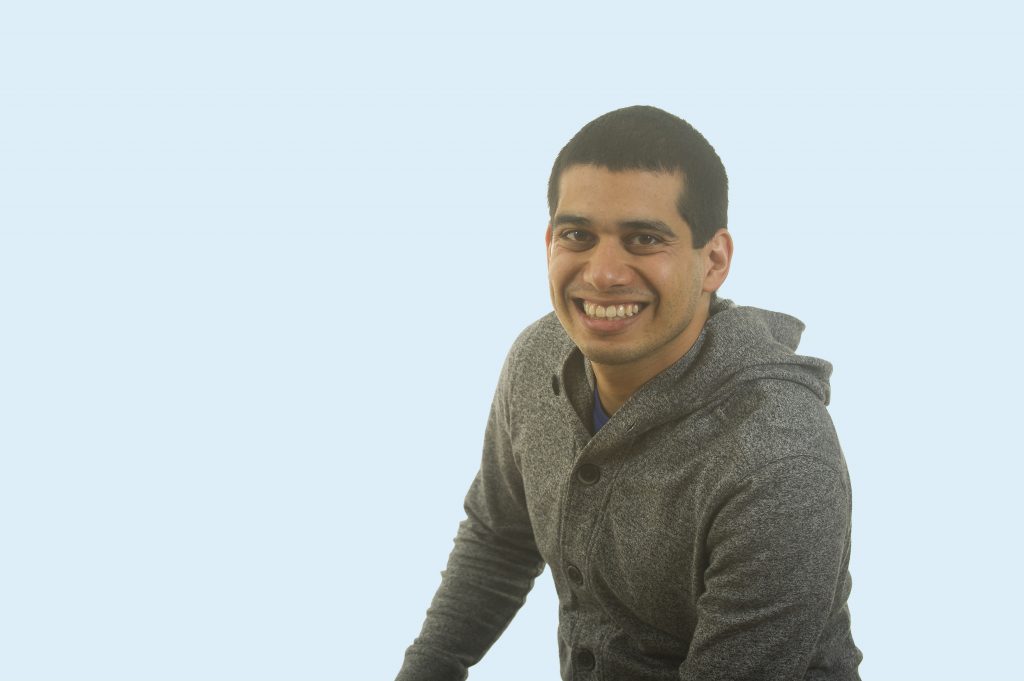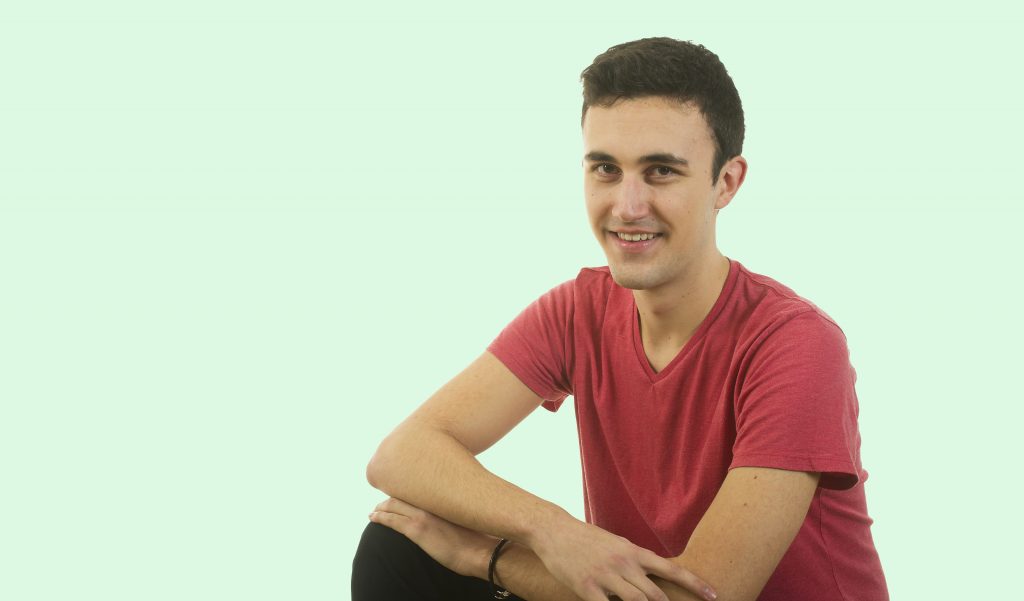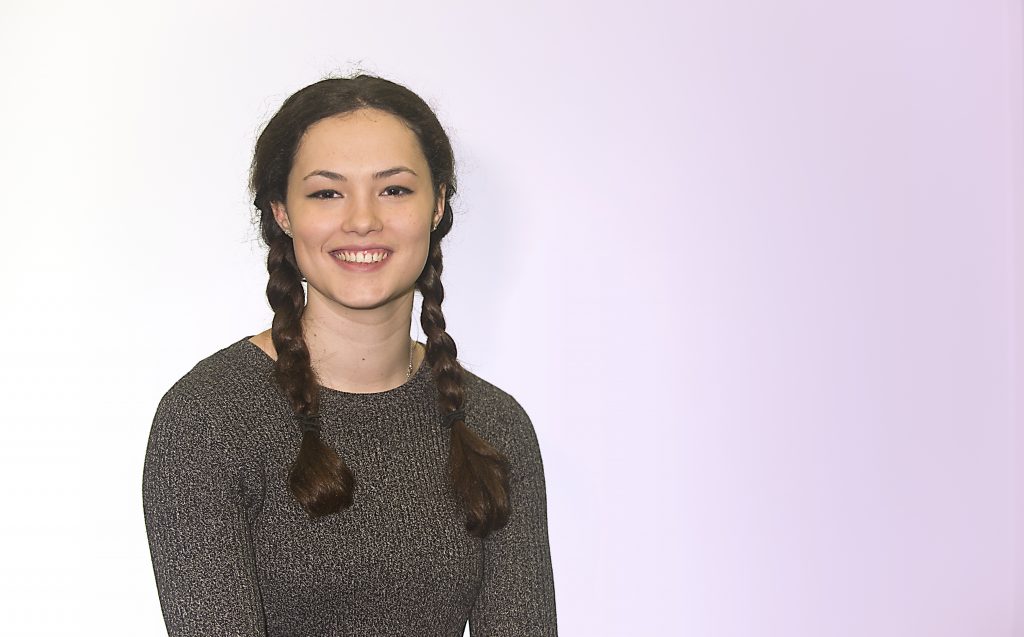Mosopefoluwa Oikeh, a postgraduate student studying an MSc in Environmental and Petroleum Geochemistry, writes about Women in Engineering. Here’s part 1 of her blog celebrating International Women in Engineering Day:
Deborah Enilo Ajakaiye, the first female professor in physics in Nigeria and the first black African to be named a fellow of the Geological Society of London encouraged me to progress my career further. Her passion for science and engineering is unwavering, as well as her focus on mentoring and collaborating with younger women at various level of education. Against all odds, her passion and doggedness proves to me that excellence in career as a woman is achievable.
I am passionate about science and engineering because of the practicality and applicability. I chose to study geology because of my desire to know about the environment and natural processes or forcing that create the earth’s resources and physical features. Then, my interest in sustainable environment practices was renewed due to environmental problems associated with harnessing natural resources. Currently, I am studying MSc Environmental and Petroleum Geochemistry and I am interested in sustainable environmental engineering and I hope to hope to know more about this subject area.
Challenges faced by women in science and engineering could range from gender discrimination in awarding research funding, marginalisation in salary compared with male colleagues, family commitments, lack of role models and the confidence gap between girls and boys (i.e. girls are often given an impression that science and engineering is difficult and not a feminine profession). In lieu of these challenges, there is need to intensify mentoring and funding opportunities solely for talented females be made available.
A woman is not a second class citizen, nor is she an alternative. She is as original as any other gender, even an extraordinary being. She is a man with a womb and the reason she is called womb-man (woman). She is worth celebrating and respected, ‘Happy women in engineering day’.
#INWED17








